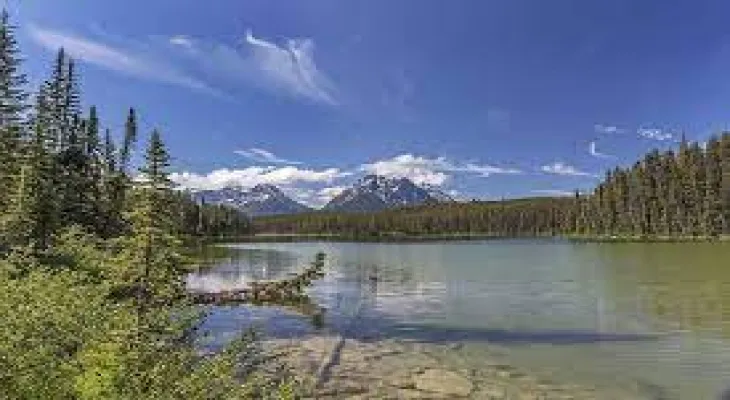Search here
Newspaper
Search here

Arab Canada News
News

Published: January 31, 2024
Alberta will begin negotiations with major water license holders to conclude water-sharing agreements for the Red Deer River, Bow River, and Oldman River basins on Thursday amid growing concerns about looming water shortages.
The significant decline in mountain snowpack and below-average rainfall over recent months has led to extremely low reservoir levels and rivers at record lows. The entire province will be affected, but the agricultural sector in southern Alberta is expected to face particularly significant challenges.
As such, for the first time since 2001, the provincial government said it allowed its drought leadership team to start negotiations with major water license holders. The province said the "scope and scale of the ongoing and proposed collaborative work" is "unprecedented" in Alberta's history.
Water use in Alberta is regulated through the issuance of "water licenses" by the provincial government. One hundred percent of the water in Alberta has already been allocated.
If someone wants to purchase a license, they must buy one from a current license holder. This system — known as "first in time, first in right" — has been in place since 1894. Essentially, it means that the largest water license holders must voluntarily share more water with municipalities and industry.
There is no law allowing the province to force water license holders to share their water, and there are 25,000 water license holders in Alberta, according to the province, making up 9.5 billion cubic meters of water.
As of February 1, Alberta's Minister of Environment and Protected Areas, Rebecca Schultz, said negotiations will begin with senior water license holders to ensure "significant and timely reductions in water use."
Schultz said, "This effort will be the largest water-sharing negotiations ever undertaken in Alberta's history. I want to thank the license holders for coming to the table — your generosity, expertise, and collaboration in this effort reflect the best of our province."
Irrigation — providing water to the agricultural sector via a network of canals — is a significant user of water in the province, and negotiations with irrigation districts will be a key part of these upcoming talks. Alberta has the largest irrigated area in Canada, with most located within the province's 11 irrigation districts in southern Alberta along the South Saskatchewan River basin.
Irrigation accounts for just over 73 percent of water allocations in the Bow sub-basin and just over 83 percent of the water in the Oldman sub-basin as of 2020, according to Alberta Environment and Parks figures.
Shannon Frank, executive director of the Oldman Watershed Council, said water-sharing agreements will be critical in the coming months to ensure no one loses access to water.
Frank added, "Major water users, especially irrigation districts, have committed to ensuring access, especially for human health and livestock first." "Crops must come third if there isn't enough."
She went on to say she does not want to sugarcoat the future situation, as it's likely to be a challenging year. Crop yields are expected to be lower, which will affect the economy.
She added that more livestock producers are likely to have to sell their animals because their grasses are not growing and water is unavailable. Municipalities might also have flows so low they may not be able to pump water to their treatment plants.
Frank said, "We may be at the start of this drought, we really don't know." "Everyone is waiting to see what the snowpacks do, and what spring rain does."
Water-sharing agreements are expected to be completed before March 31.
Comments